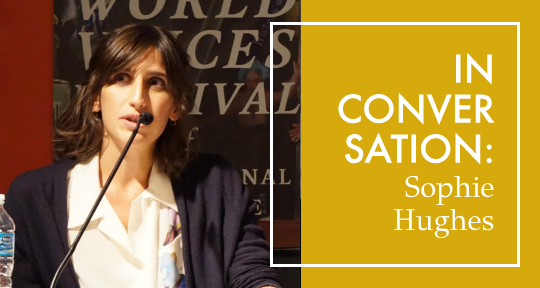This week, our editors around the world bring news as to how different literary initiatives and publications are help shaping the present. From writers who embody multiculturalism and unity, to works of solidarity and hope, read on to see how writers, readers, and artists are working to shed light on what matters.
Sofija Popovska, Editor-at-Large, reporting from North Macedonia
“Rarely has any Macedonian poet attracted as much attention among theorists, literary historians, and philologists as [Kočo] Racin. Racin was . . . a pioneer in the artistic expression of the mother tongue, . . . an example of an ideal revolutionary and, in the end, a victim. He was the most honorable and most honored thing that the Macedonians had in the period between the two wars,” writes Goran Kalogjera, a prominent Croatian comparatist and scholar of Macedonian studies in his book, Pogled otstrana. Racin (1908 – 1943) (Side view. Racin (1908 – 1943)). Recently, this important biography was translated into Macedonian by Slavčo Koviloski, and published by Makedonika Litera Press.
Kosta Apostolov Solev is a canonical figure in Macedonian literature, hailed by some as the founder of modern Macedonian poetry. He is best known under his penname, Kočo Racin, which was derived from the name of his lover, Rahilka Firfova-Raca—a gesture indicative of his support for the socialist women’s movement. He himself was a political activist, participating in the translation of the Communist Manifesto into Macedonian, and acting as editor for several communist magazines. His political leanings had contributed to his mysterious and untimely death; mortally shot by a printing-house entrance guard in June 1943, some speculate that Racin had been purposefully targeted by the communist party, having fallen out of favor with them around 1940. However, his activism effectuated his ties to other cultures, enriching his literary oeuvre. Aside from his mother tongue, he wrote texts in Bulgarian and Serbian, and was published all over the Balkans. Kalogjera stresses this multilingual, multicultural aspect of Racin’s output in Pogled otstrana, noting his importance to Croatian culture. READ MORE…


